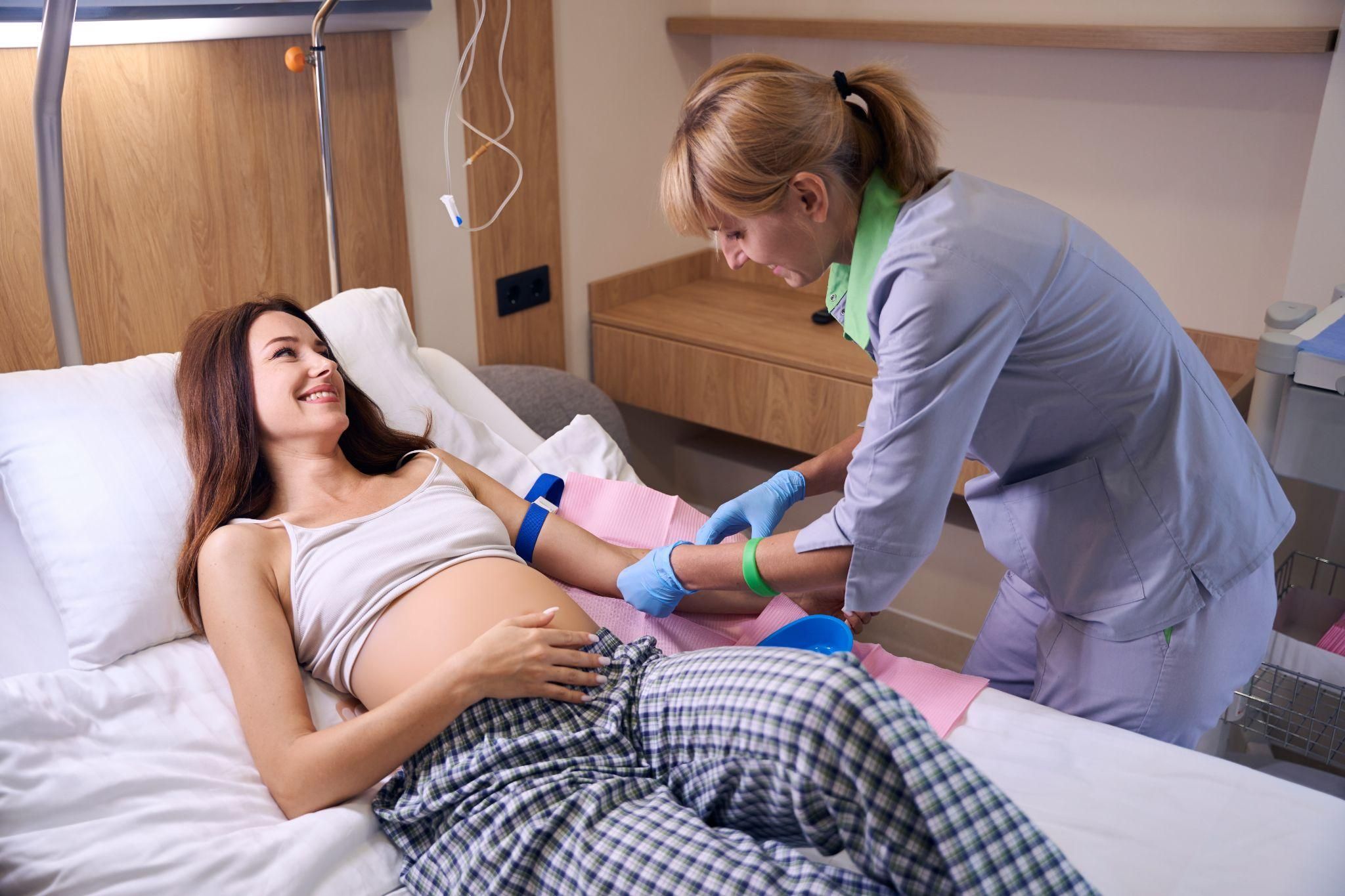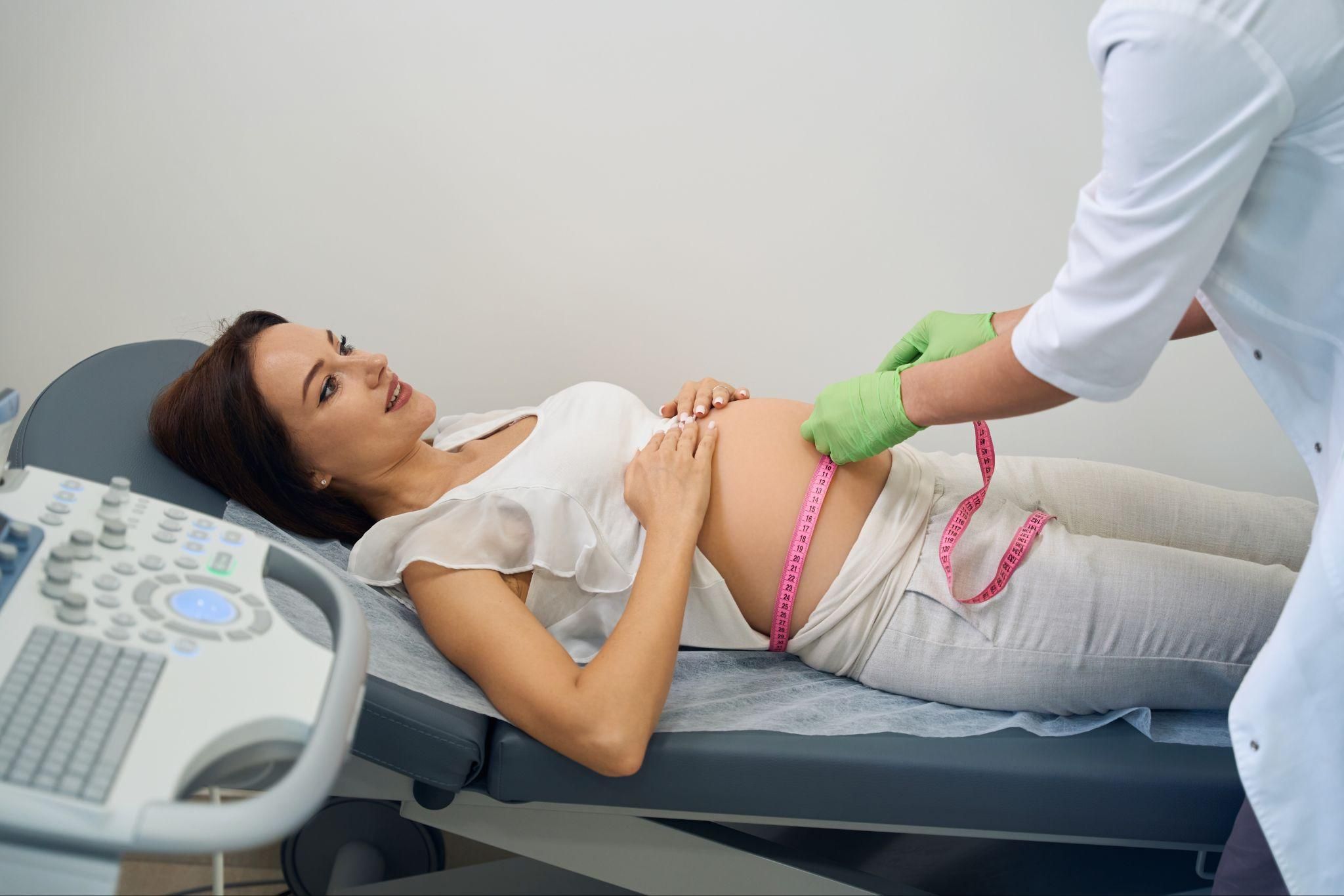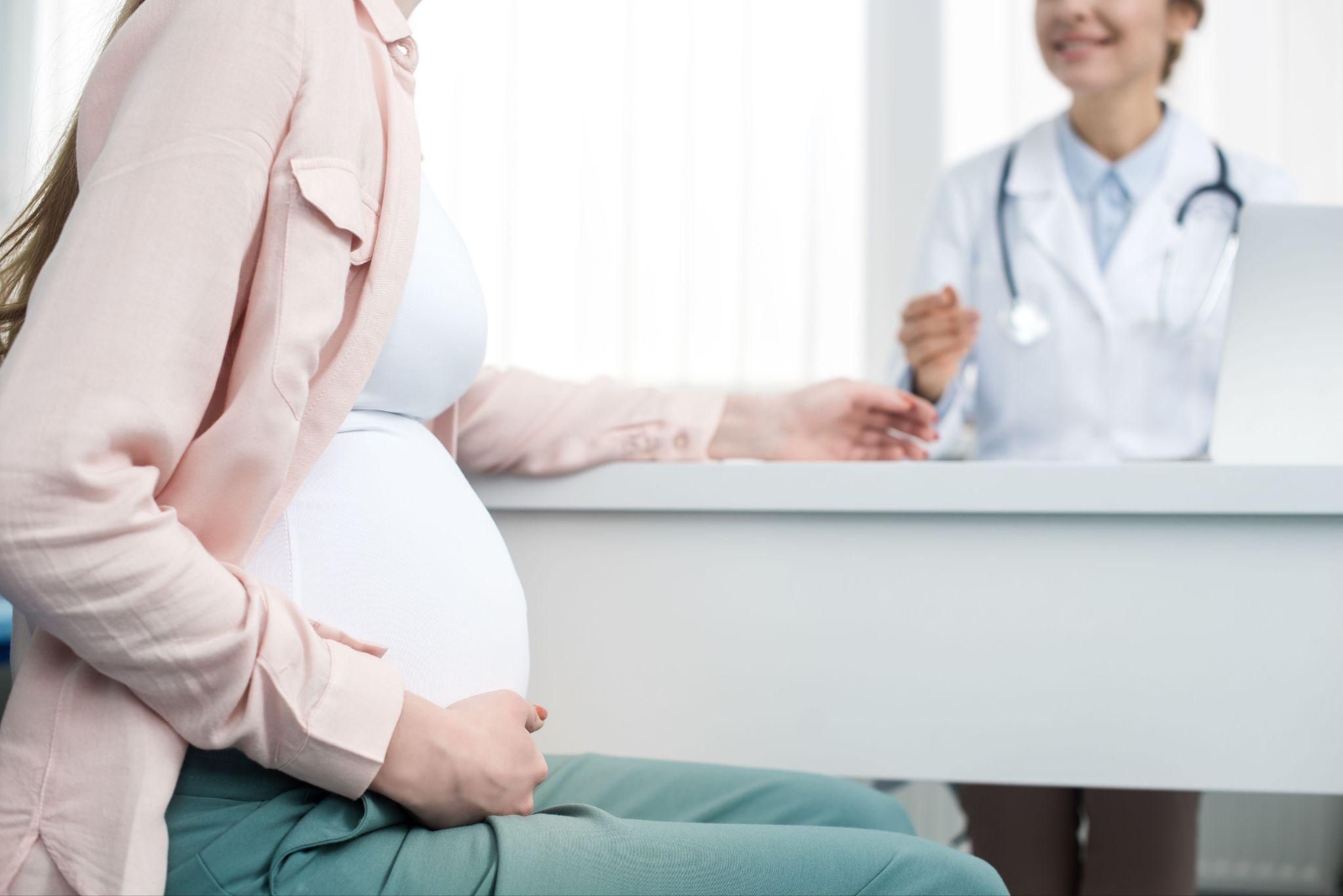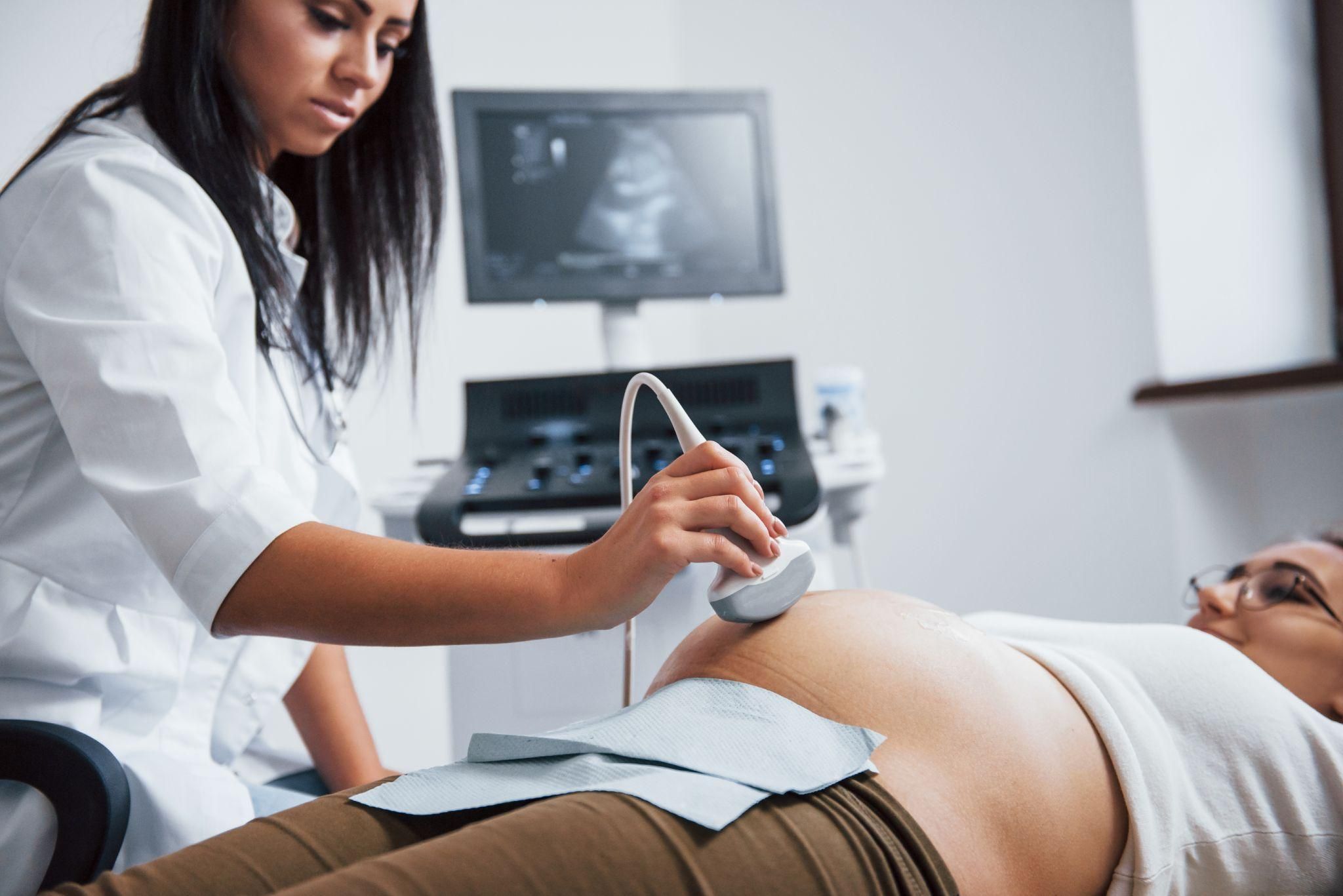How Might AI Improve UK Antenatal Care in the Future?
Antenatal care is a cornerstone of pregnancy management in the UK, ensuring both the health and well-being of mothers and their babies. As healthcare technology evolves, Artificial Intelligence (AI) is beginning to make a significant impact on the future of antenatal services. This article explores how AI might enhance antenatal care in the UK, focusing on advancements in areas such as antenatal appointments, pregnancy care, support systems, and much more. We’ll delve into specific AI technologies that could improve pregnancy experiences, including diagnostic tools, personalised care, and accessible antenatal education.
What is Antenatal Care?
Antenatal care refers to the medical and supportive services provided to women throughout their pregnancy. In the UK, this typically includes regular check-ups, blood tests, ultrasounds, and guidance on pregnancy health and lifestyle. Antenatal care aims to monitor the development of the baby and identify any potential complications early, ensuring a safe pregnancy for both mother and child.
However, while the current system of antenatal care in the UK is comprehensive, there is a growing interest in how technology, especially AI, can enhance these services. The future of antenatal care may include AI-powered solutions to improve the efficiency, accessibility, and personalisation of care.
The Role of AI in Antenatal Care:
AI technology has the potential to radically transform antenatal care by improving diagnostics, reducing administrative burdens, and providing more tailored support for expectant mothers. In particular, AI can help optimise several aspects of pregnancy care, from personalised health monitoring to more accurate scans and medical advice.
- Personalisation of Antenatal Care:
One of the key areas where AI can improve antenatal care is through personalisation. Currently, antenatal care is relatively standardised, with most women following a similar schedule of appointments and screenings. However, AI could help create more personalised care plans based on an individual’s health history, risk factors, and lifestyle.
For example, machine learning algorithms could be used to assess a woman’s medical records and detect early indicators of potential complications, such as gestational diabetes or preeclampsia. Based on this data, AI could recommend specific changes in diet, exercise, or frequency of check-ups tailored to the individual’s needs. AI-powered tools could assist healthcare professionals in making more informed, evidence-based decisions.
- AI-Powered Antenatal Appointments:
Antenatal appointments are vital for monitoring the health of both the mother and the baby. However, with busy schedules and long waiting times, many expectant mothers find it challenging to attend in-person appointments regularly. AI could streamline and simplify these appointments by automating several tasks such as scheduling, follow-up reminders, and data entry.
Additionally, AI-powered virtual consultations are already becoming a reality. Virtual health assistants, like those developed by Babylon Health, could enable pregnant women to have online consultations with healthcare providers, either for general advice or specific health concerns. These consultations could include real-time monitoring, where expectant mothers submit health data (such as blood pressure readings) through mobile apps, which AI systems can analyse and flag any concerns.
AI-driven chatbots or virtual assistants could also offer instant responses to questions related to pregnancy care. For example, if a woman is unsure whether she should be concerned about a certain symptom, AI tools could provide personalised feedback and suggest when to seek further medical attention.
- AI in Antenatal Scans and Diagnostics:
Antenatal scans, particularly ultrasounds, are integral to ensuring the health of the baby and the mother. However, interpreting scan results can be a complex process requiring great expertise. AI technologies like DeepMind’s AI system, which has been used for medical imaging, can help to interpret ultrasound scans with a level of accuracy that matches or exceeds that of human specialists.
For instance, AI could analyse ultrasound images in real-time to detect early signs of conditions such as fetal abnormalities, growth restrictions, or ectopic pregnancies. The system could flag potential issues for the attending clinician, enabling them to act faster and potentially improving outcomes for both mother and child. Moreover, AI could also help doctors predict the likelihood of certain pregnancy complications, such as preeclampsia, by analysing blood test results and other health data.
In addition, AI-powered diagnostic tools could streamline the process of blood analysis. AI systems, such as those developed by Labcorp, can quickly detect abnormal patterns in test results, identifying risks such as gestational diabetes or anaemia much earlier than conventional methods.
- AI in Antenatal Education and Support:
Education and support are vital components of antenatal care, helping women to understand their pregnancy and make informed decisions. However, traditional antenatal classes can sometimes be inaccessible due to time or geographical constraints. AI could revolutionise antenatal education by offering personalised, on-demand learning experiences for expectant mothers.
AI-powered platforms like Elearning Pregnancy are already making strides in providing tailored information. These platforms use AI to assess a woman’s stage of pregnancy and personalise educational content, whether it’s about prenatal vitamins, diet, or managing physical discomfort. Women could also access virtual antenatal yoga classes through AI-powered apps, which recommend specific exercises based on the user’s stage of pregnancy or current health condition.
In addition, AI can provide constant support through mobile apps that monitor progress, send reminders, and offer advice. For example, the AI system in the Ovia Pregnancy app tracks health metrics such as weight, mood, and symptoms, providing personalised tips and resources based on individual inputs.
- AI in Antenatal Fitness and Yoga:
Staying active during pregnancy is important for both the physical and emotional health of the mother. AI could enhance antenatal fitness programmes by providing personalised fitness plans that adjust to the mother’s changing physical condition.
AI-powered apps like Glo, which offers prenatal yoga classes, use algorithms to recommend specific yoga routines tailored to a woman’s pregnancy stage, fitness level, and any existing health conditions. These platforms might also use AI to offer real-time feedback on posture and alignment, ensuring that exercises are safe and effective for pregnant women. The ability to integrate AI with fitness tracking devices could also allow these apps to monitor heart rate and other indicators, adjusting exercises to optimise safety and efficacy.
Additionally, AI tools could identify and suggest exercises that target common pregnancy-related issues such as lower back pain, pelvic discomfort, or swelling, helping expectant mothers maintain their well-being throughout their pregnancy.
- AI for Relaxation and Stress Reduction:
Managing stress during pregnancy is crucial, as elevated stress levels can negatively affect both the mother and the baby. AI can play a role in managing stress by offering personalised relaxation techniques, such as meditation or breathing exercises. Apps like Headspace use AI to personalise meditation routines based on mood, stress levels, and health data.
Furthermore, AI could assist in recommending prenatal massage techniques or other stress-relieving activities. AI tools could analyse symptoms like physical tension or fatigue and suggest the most appropriate methods of relaxation, such as specific massage techniques or sleep improvement strategies.
The Future of AI in Antenatal Care
AI holds immense potential to enhance antenatal care in the UK, making it more personalised, efficient, and accessible. From AI-powered diagnostics to personalised fitness routines and educational support, the future of antenatal care could offer pregnant women a level of tailored care that was once unimaginable. As AI technology continues to advance, we can expect it to play a pivotal role in transforming the pregnancy journey, helping to ensure better health outcomes for both mothers and their babies.
References
- The Ultimate Antenatal Classes
Prepare for labour, birth, and baby care with nine experts, including senior NHS midwives and an award-winning obstetrician!
https://unii.com/en/journey/ultimate-antenatal-classes









